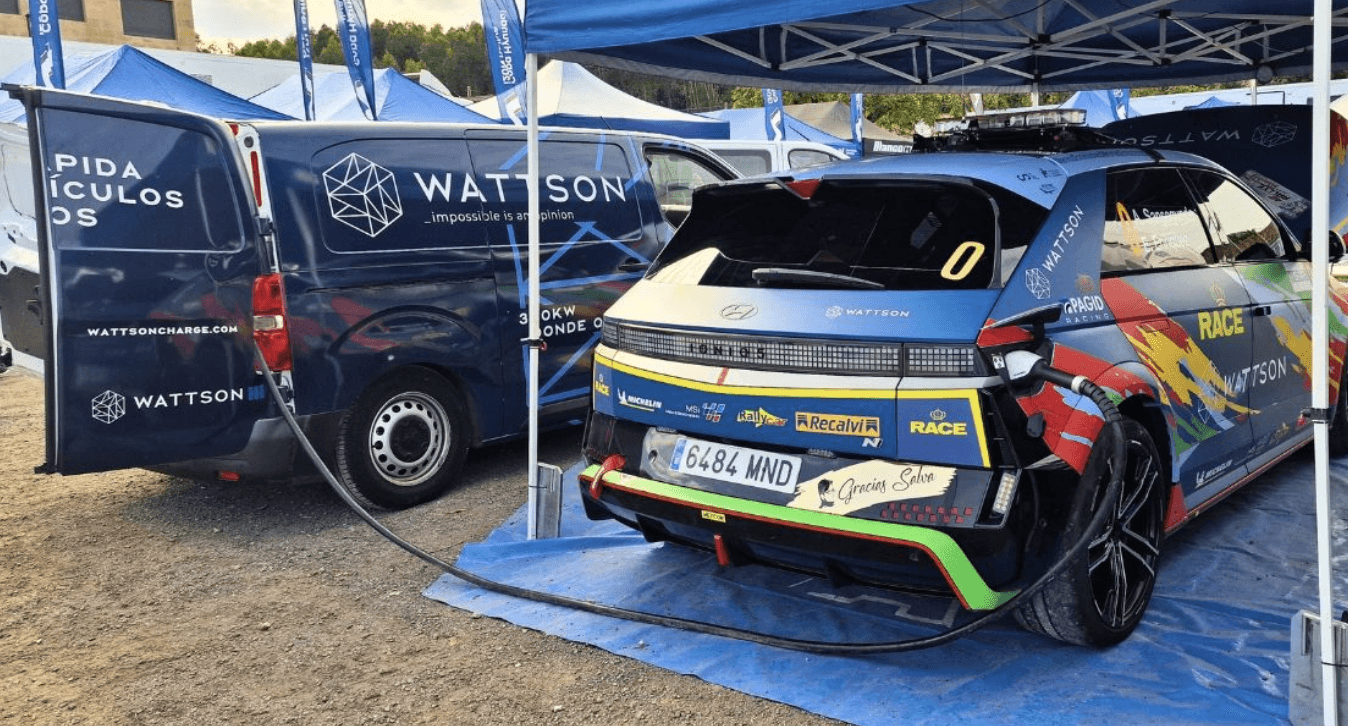ARTICLE
The trap of convenience: being everywhere and meaning nothing

Álvaro Aguirre
Business Builder
Oct 13, 2025
The Convenience Trap: Being Everywhere and Meaning Nothing
Convenience has shifted from being an added value to becoming a standard. Today we expect everything: immediacy, ease, impeccable service, and even social awareness, often at no apparent cost. In this scenario, where all brands compete to "make it easy," comfort is no longer rewarded; its absence is penalized.
But the real question is not who offers it, but who manages to differentiate themselves by doing so. And this compels brands and physical spaces to face a new challenge: how to stand out when being fast, accessible, and simple is just the starting point? It is no longer enough to be convenient: one must be relevant.
The Impact as a Differentiation Lever
Differentiating oneself today requires generating an impact that endures: creating unexpected solutions, meaningful experiences, and moments that are truly memorable. Many traditional models, especially in retail and shopping centers, are reaching their limits: physical expansion or multiplication of formats no longer guarantees differential value.
Therefore, transformation must go beyond the space and bet on more sustainable models, hybrid formats that integrate digital with physical, and services that support consumers in a helpful and human way.
And it turns out that true complexity arises when the customer is no longer in front of you. How do you ensure that impact remains in their daily life, even when they are not using your product or visiting your space? How do you make an experience so meaningful that it continues to resonate outside the direct channel?
Engagement has become a deceptive lever; interacting with users does not guarantee that the experience will have impact or continuity. For any brand looking to stand out, one of the great challenges is to create emotional attachment without constant interaction. Because being everywhere is not enough: what matters is remaining in the memory and life of the customer, even in their absence.
A Changing Loyalty
Loyalty to brands has become volatile. Consumers are no longer loyal to a fixed identity; rather, they move between contexts that respond to a continuous transformation of priorities. In this context, talking about convenience cannot be reduced to proximity or availability: brands that truly connect are those that understand the cultural codes of the moment, align with a shared worldview, and offer more than just functionality.
The challenge is not just to make the user's life easier, but to do so from a place of intention: from a proposal that takes into account their relationship with the environment, their emotional priorities, their search for balance and meaning.
The Convenience with Identity
The physical spaces, especially those linked to retail, have the opportunity (and challenge) to reinvent themselves. Their representativeness can no longer depend solely on what they contain. In a context where time is scarce and attention more fragmented than ever, their value lies in how they integrate into the user's routine. It is not just about attracting visits, but about becoming part of the everyday landscape, accompanying them functionally without losing the emotional touch.
Fiture, a startup that recently raised 15 million euros in its latest funding round, has managed to effectively integrate the physical and digital by offering an interactive fitness experience at home. Its platform, which includes a touchscreen and high-end equipment, transforms the physical space into a personalized wellness hub. By combining live and on-demand training content with a design that adapts to the user's home, Fiture has created an immersive experience that is emotionally connected.
It is not about competing with online. It is also about enriching offline.
In recent years, many brands have focused, and invested heavily, in digital. The obsession with online has been understandable: it is measurable, scalable, and allows quick access to thousands of users. But along that path, the power of the physical channel has been undervalued.
Because, at a certain point, true differentiation is not about optimizing campaigns but about creating memorable experiences. In fact, brands that succeed in the digital environment almost always end up returning to the offline world: flagship stores, restaurants, pop-ups, immersive spaces. A well-designed physical experience not only sells but leaves a mark.
The physical space has the capacity to activate all the senses, to generate real emotional connection, and to anchor the brand in the subconscious of the customer. It is not about competing with online, but about enriching offline and understanding that tangible presence is, in many cases, what transforms a brand into a lasting memory.
Nude Project, a fashion startup that began exclusively in the online channel, has undergone an evolution into the physical world. Founded with the aim of challenging the conventions of the industry, its initial success in the digital realm has allowed them to expand rapidly. Currently, the brand has flagship stores in various European cities, such as London, Amsterdam, and Milan. In its fourth year of operations, they achieved a turnover of 26 million euros, establishing itself as one of the most promising fashion startups in today’s market.
Conclusion: Easy is No Longer Enough
In a world where everything is easy, the difficult part is being remembered. Convenience no longer makes a difference if it is not accompanied by purpose, relevance, and real connection. Startups are demonstrating that the physical can still be key, not just for selling but for generating emotional impact and remaining in the user's life.
Because in the end, true convenience is not being everywhere, but being where you truly matter. Differentiating in convenience is not about delivering faster, but about delivering better. And that is where true innovation begins.



